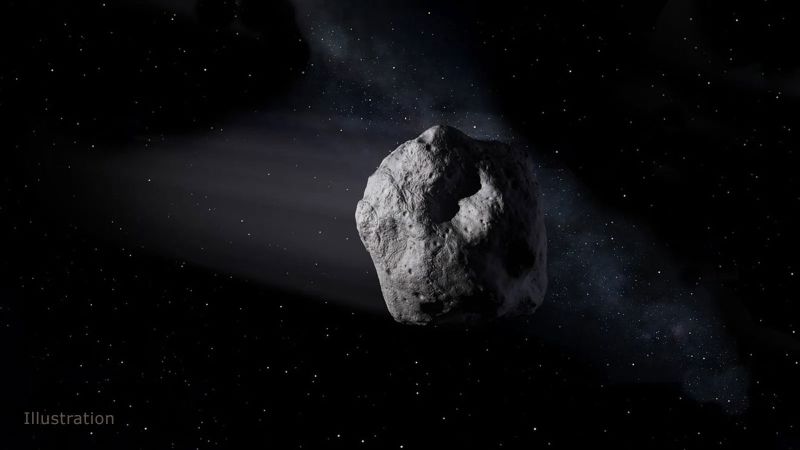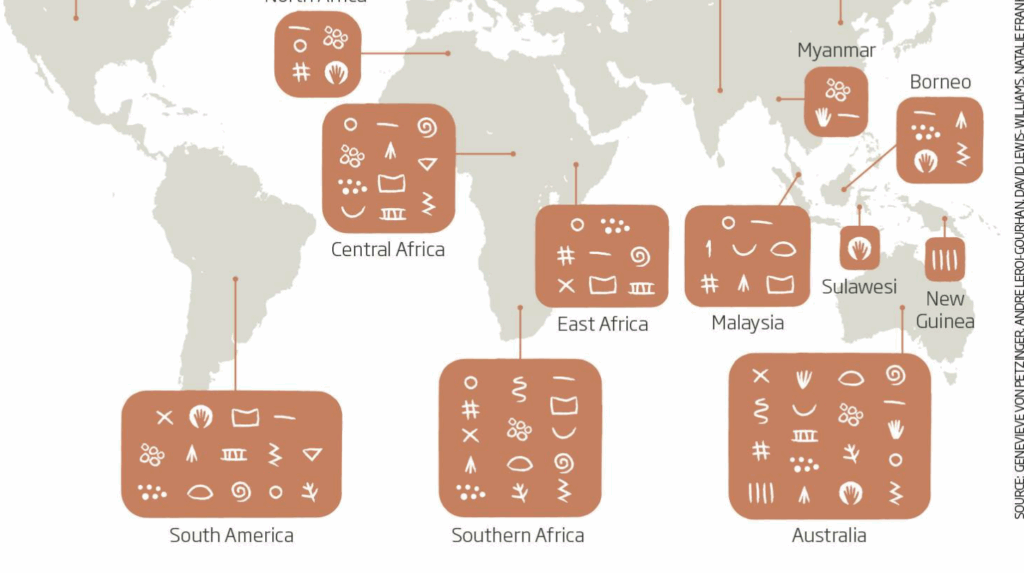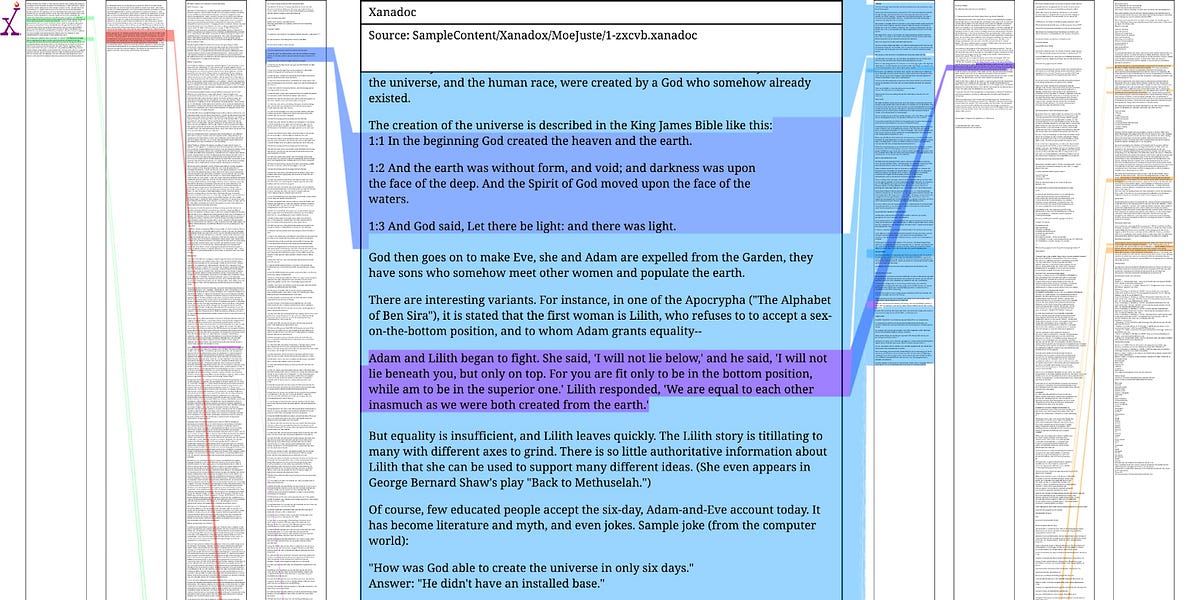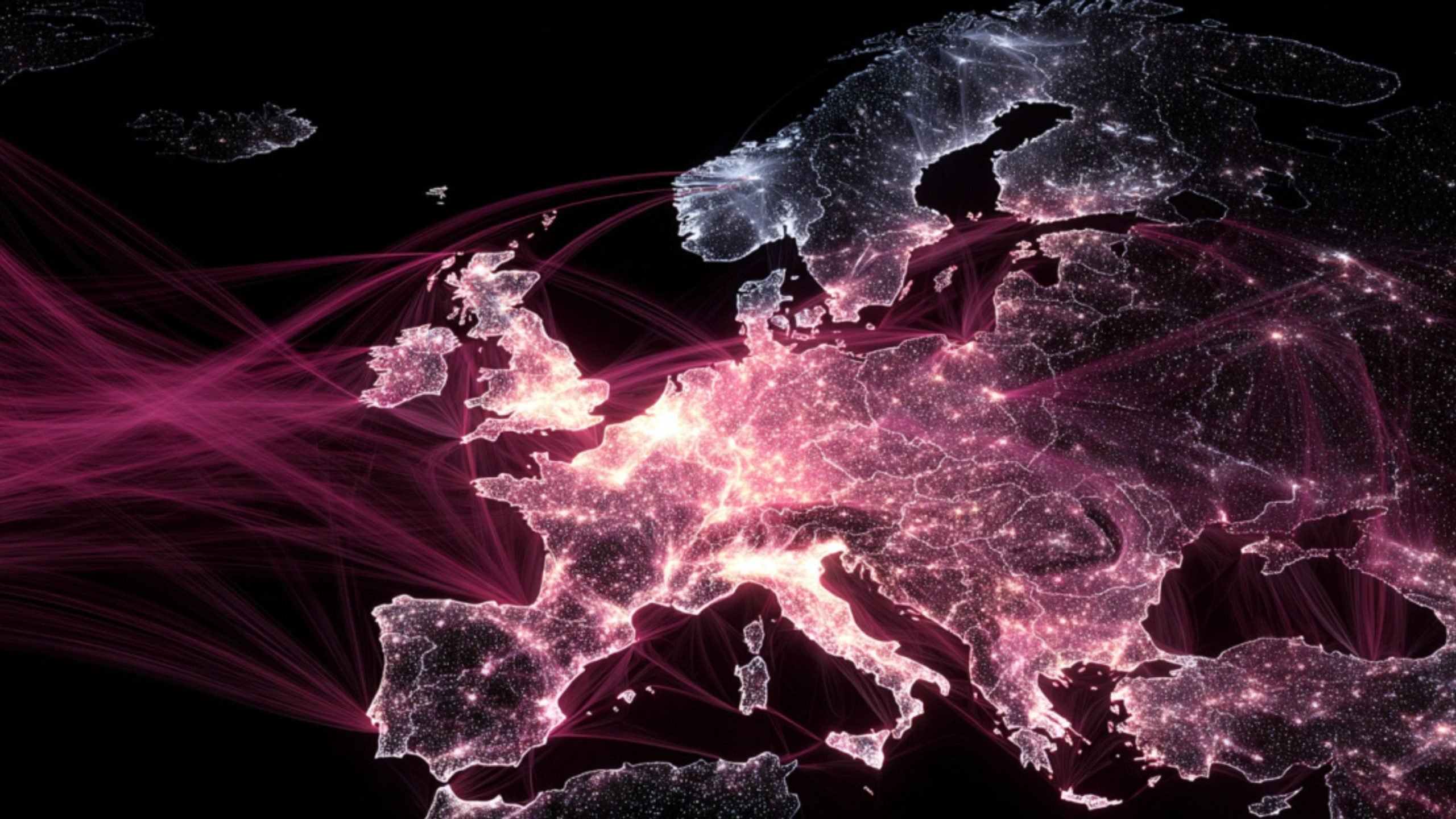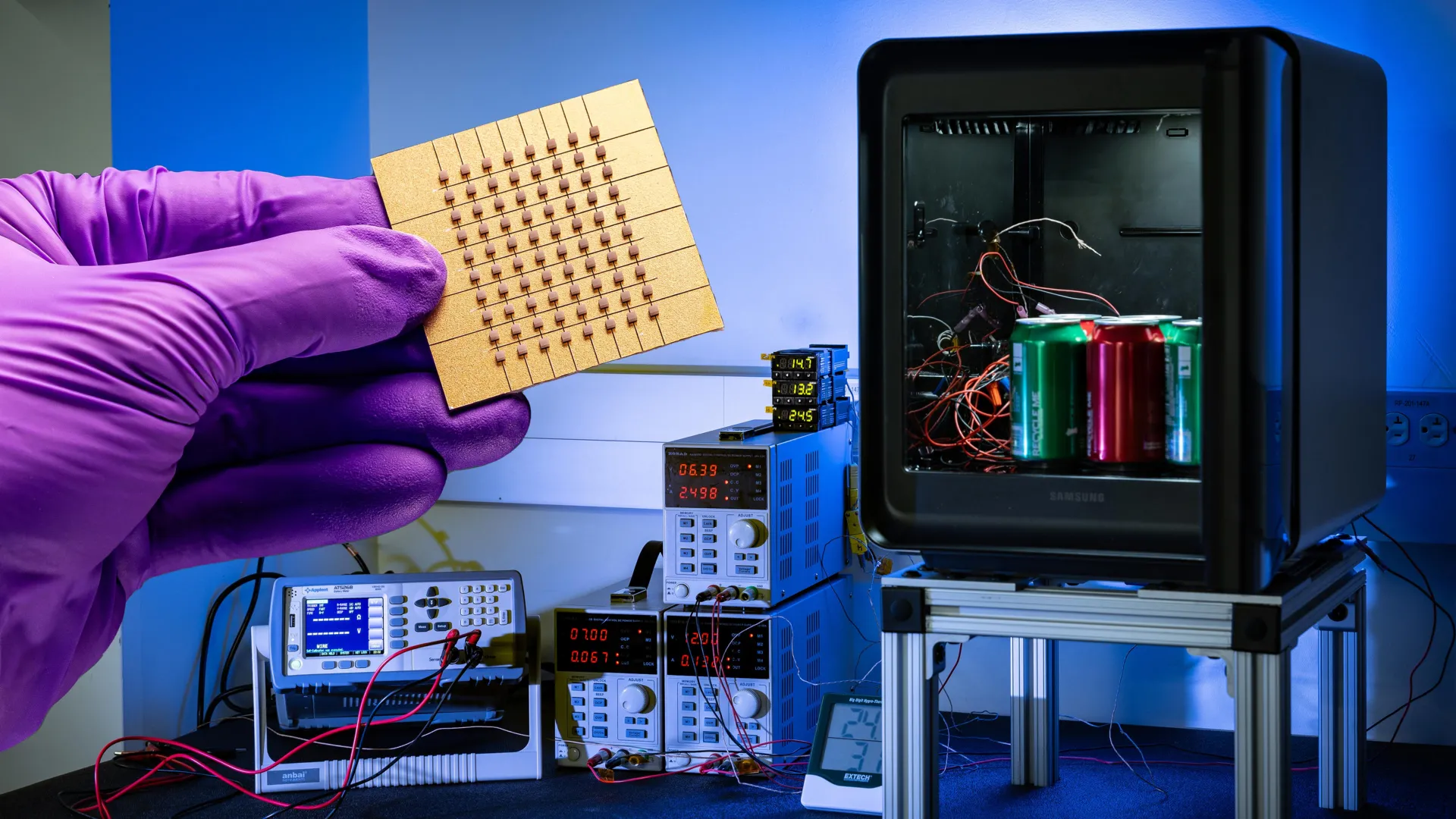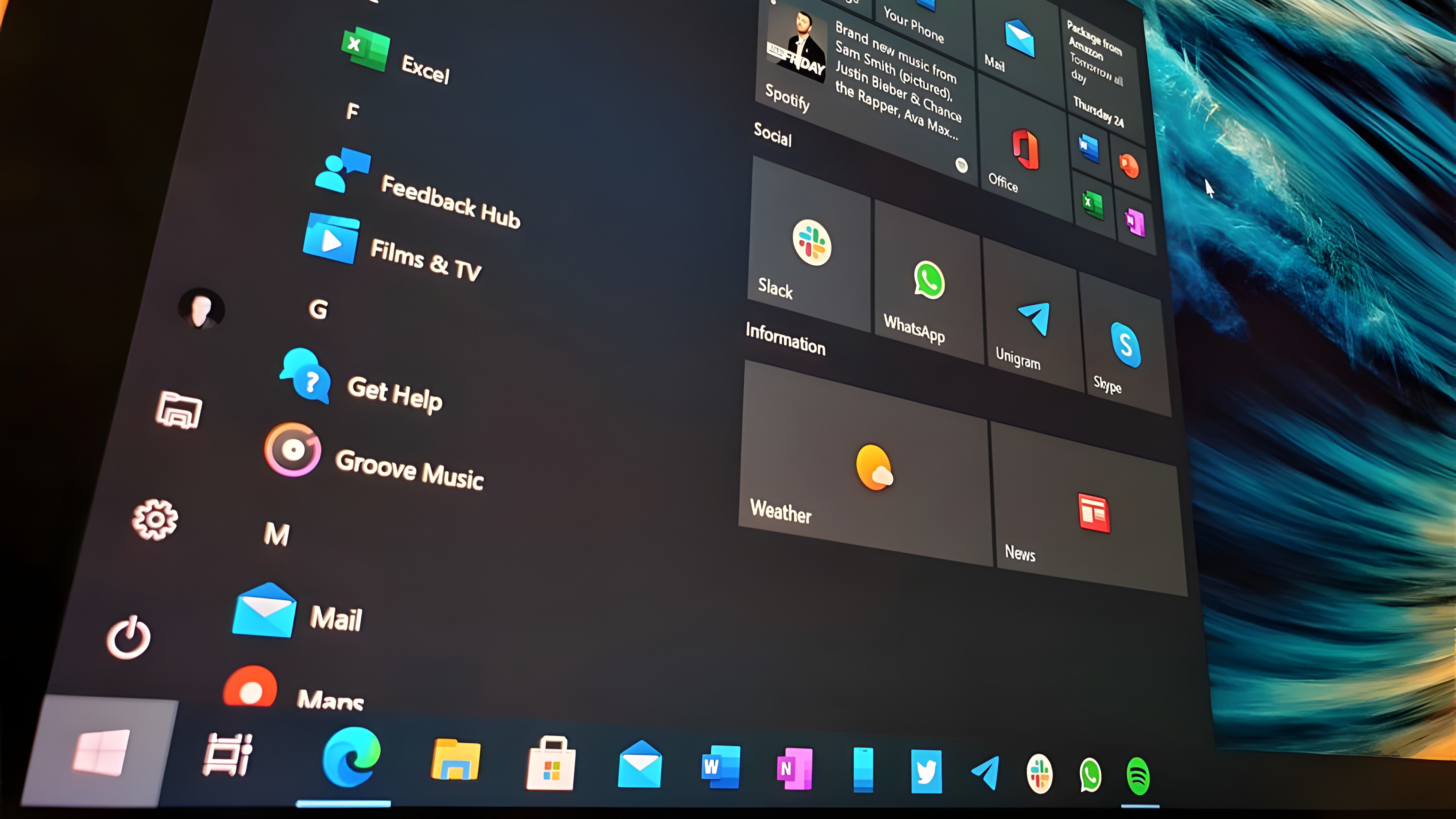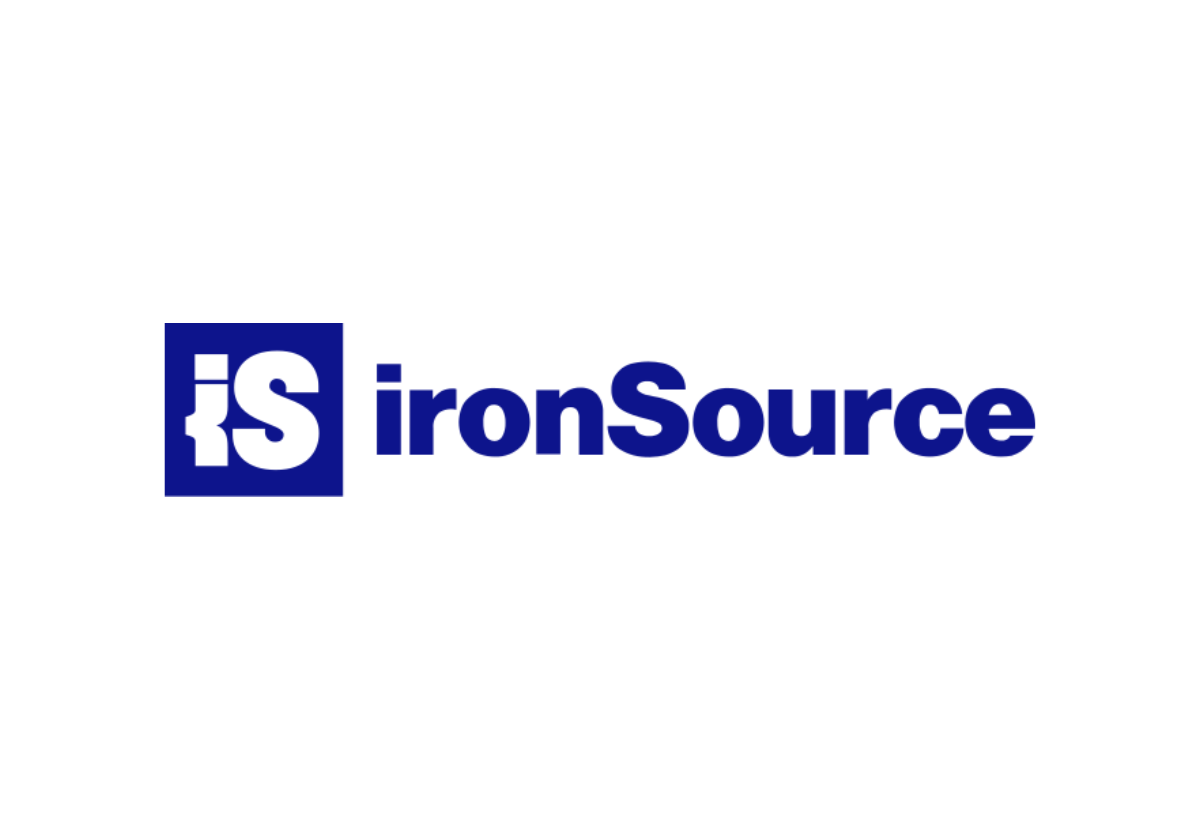Far-UVC: Can We Clean the Air Like We Clean Water?

Over a century ago, typhoid fever ravaged cities due to contaminated drinking water. While water purification is now commonplace, airborne diseases like tuberculosis remain widespread. This article explores far-UVC light (222-nanometer wavelength), a technology that kills airborne pathogens without harming humans. Historically, 254-nanometer UVC was attempted, but caused skin damage. Far-UVC overcomes this, offering potentially superior disinfection to ventilation and filtration. Despite its promise, far-UVC's adoption is hampered by a lack of standardization and extensive clinical research. The article calls for further research and investment to bring this technology into widespread use, ultimately improving public health as dramatically as water purification has.





